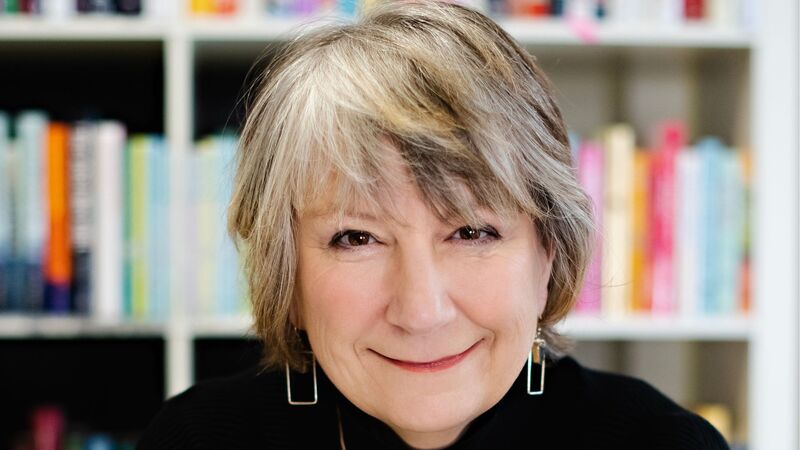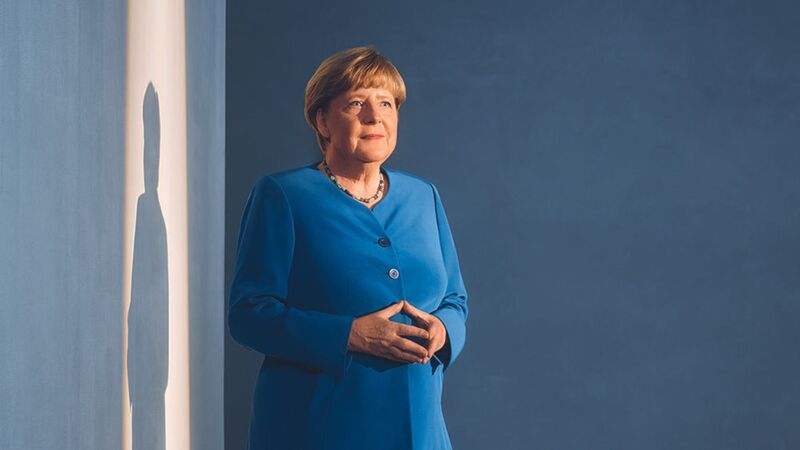You are viewing your 1 free article this month. Login to read more articles.
Cultural ties to Europe 'more important than ever'
The British Council has released a collection of essays from leading culture figures in the UK following the result of the EU referendum, with its regional director saying cultural and educational ties to Europe "are more important than ever".
The British Council was created as part of the UK’s response to the rise of fascism in the 1930s, and its aims include helping reduce extremism and encouraging trade, investment and tourism.
At the start of the collection of essays, entitled "The Morning After: The future of the UK’s cultural relationship with other European nations”, Rebecca Walton, British Council EU regional director, said: "The European Commission has placed a great deal of importance on cultural and educational ties both within and beyond Europe. Now the UK has voted to leave, these issues are more important than ever, and the likely shift in resources and support will need to be made good from other sources."
She added: “Like weather fronts and migrating swallows, culture and ideas are not stopped by border posts or passport regulations. That should be a cause for celebration, and a comfort at a time of great uncertainty and change. Whatever course political events may take over the coming months and years, Europe will remain a place of cultural exchange for all of us, as it has been for millennia."
The director of the Edinburgh Book Festival, Nick Barley, has contributed to the collection, along with others including Martin Roth, director of the V&A Museum, Nadia El-Sebai, executive director of The Arab British Centre and Sean Rainbird, director of the National Gallery of Ireland, which was commissioned by the British Council ahead of the EU referendum.
In his essay Barley reminded readers that European countries began to unite in the interests of “everlasting peace” and mourned the relative absence of passionate voices in favour of the EU in the campaign.
He said the EU’s successes had been overlooked by its critics, who claimed it was overly “bureaucratic” and “not fit for purpose”, and defended it as not only a “thriving trading zone” but a “highly effective” champion for human rights and democracy, as well as commending it for its record in “maintaining more or less lasting peace across the continent”.
Festivals, which bring together millions of European citizens each year, were credited, meanwhile, as having a "frontline role” in promoting “European enlightenment” and praised for their ability to "nurture cross-cultural exchanges” and celebrate the human spirit.
"Festivals are the 21st Century’s growth industry for culture: not just literary festivals like my own, but also music, theatre, comedy, art and cultural festivals of all kinds," Barley wrote. "The politician Shirley Williams once remarked to me that festivals have replaced political rallies and church congregations as the most significant public gatherings in British life. Her comment also applies in many other European countries. Because of this, festivals offer an extraordinary opportunity for Europe to nurture cross-cultural exchanges, whether at the theatre festival in Avignon, the Eisteddfod in Wales or the Joseph Conrad Literary Festival in Krakow."
He added: “The possibilities for collaboration are almost endless. Digital media and distribution channels are making it possible for festival events to be recorded and shared widely either online or even in cinemas – thus offering the possibility of widespread dissemination of ideas. Moreover the growth of online learning frameworks such as Massive Open Online Courses (MOOCs) is beginning to offer serious possibilities for festivals also to generate longer-term partnerships involving audience members and academic institutions alike.
"Feisty, independent and often anarchic, festivals are not a panacea and they will not necessarily persuade their audiences to love the EU. Nevertheless they can play a frontline role in the quest for European enlightenment."
The foreword to the document, made available on the British Council website, says the collection of essays give "an opportunity [for the UK] to take stock of its relationships with other European countries, and reconsider its cultural connections with people across the continent”.
















